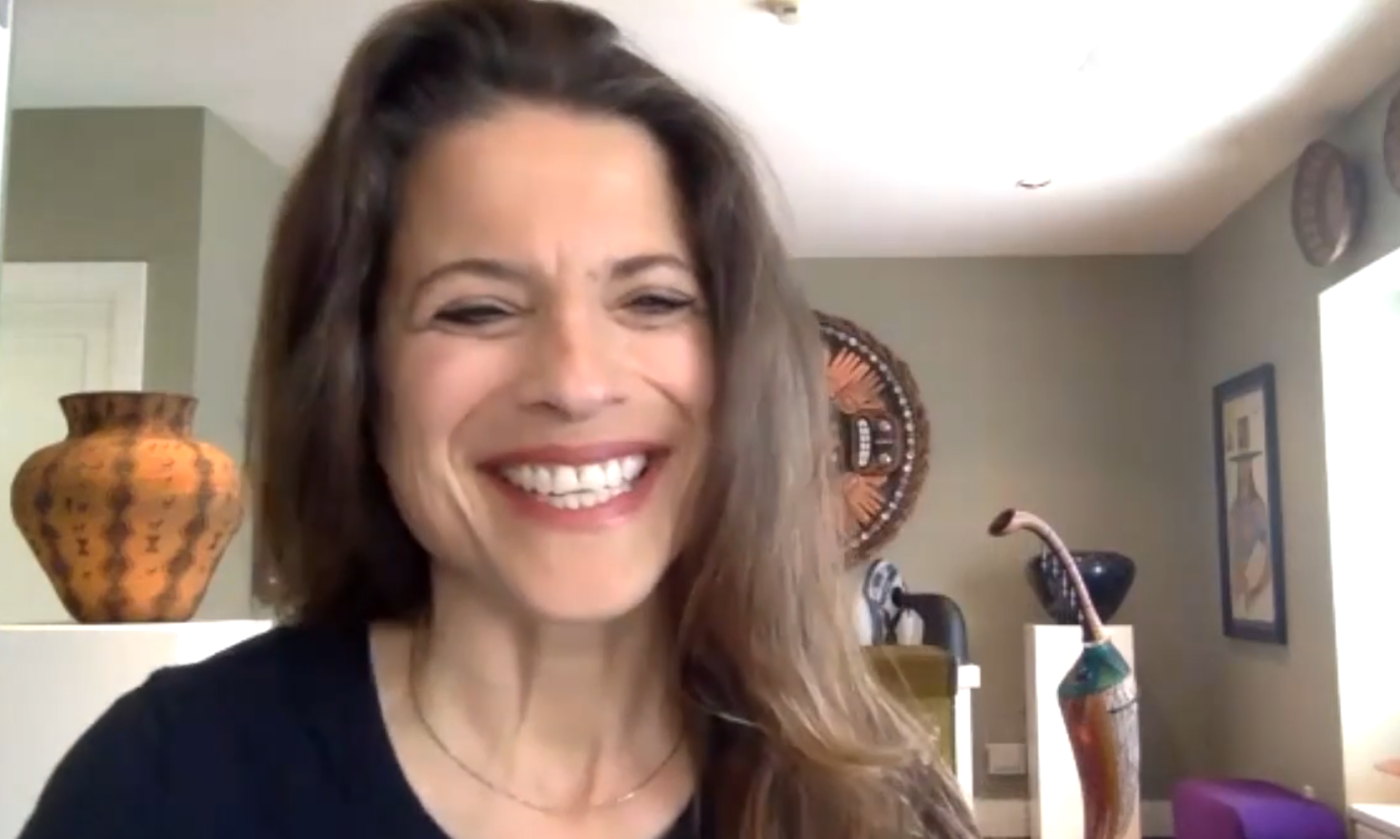My first board meeting as board chair was in February 2020. So I was from October 2019 until February 2020 when I was going to have my first welcome to the new board. So, in October, I knew I was going to be board chair, and 2020 was my first board meeting. For four months, I spent time trying to write my opening speech. I was very nervous, and one of the things I was most nervous about was standing in the boardroom and holding the space in a way that I would feel was inclusive and collaborative, and open. And I thought, how do you do that in a board room? Just the very nature of how a boardroom is structured. Yeah. So I thought, well, we'll cross that bridge when we get to it. In the meantime, have the opening. We had our retreat in February 2020, and then we had the season opener announcing the season on March 6th. And then that was the last time since. Since that, I have been outside of this house, right? Yeah. So Covid hit. So every meeting from that point forward was conducted on Zoom. And it allowed me to do what I do best, which is connect with and talk to people. My kids say, Mom, you're on the phone all day, every day. What are you doing? You know, getting to know the folks in the community. That is the extraordinary board of directors, that is ACT Theatre's trustees. In July, because I was board chair, there was an effort to bring together the National Lort Theatres, League of Regional Theatres, and Ten Chimneys, hosted, if you will, a summit on anti-racism in the American Theatre. And that was back in July, and I received a note. Do you want to go? I said yes because, as my friend says, I have a big why plastered on my head, always saying yes. So there were about 140 people from about 70 regional theaters across the country, in partnership with Black Theater United and Ten Chimneys conducted this summit on anti-racism in the American theater. So I would say that was like me, Leslie Ray, growing up in Seattle, you know, growing up in Bellevue, Washington, then having moved to Chicago, reckoning with a deep dive into again the world we live in, almost a repeat of the roller coaster. How did I get here? And immersed in these workshops with managing directors, artistic directors, and board chairs from across the country. Um, and I will say that was a profound experience. And at the same time, we had to start to reckon with, reflect on, and repent. Choose to be. Accountable. Responsible. To interrogate. To question. To reinvent, to rebuild, to dismantle, to do all of those things. And are we willing to do those things? Are we willing, as an industry, the American theatre? Are we willing as a region? Seattle? Are we willing as an organization, ACT Theater, to do those things? And that has been the journey in my involvement since July, is to really unpack and create and present and talk to people to get buy-in, to get a deep and a deep understanding of where you are on the spectrum of us becoming an anti-racist, multicultural organization? There is a continuum. Where are you on it? Let's meet each other where we are. Let's push forward to this kind of bridge, and let's cross this bridge together. And I think I felt like, you know, not to coin a phrase, but like No Child Left Behind, it was very important to me that no person was left behind as we thrust into this new world. And I think that's kind of the role that I played, because as the art, as staff, as the community thrusts forward, it was important for me not to leave behind the long-standing legacy of friends, subscribers to the community. That is hugely broad. There are a lot of people who love ACT.
